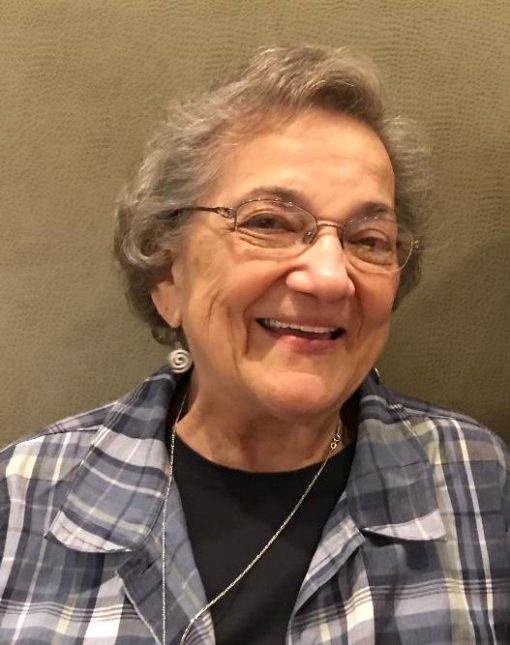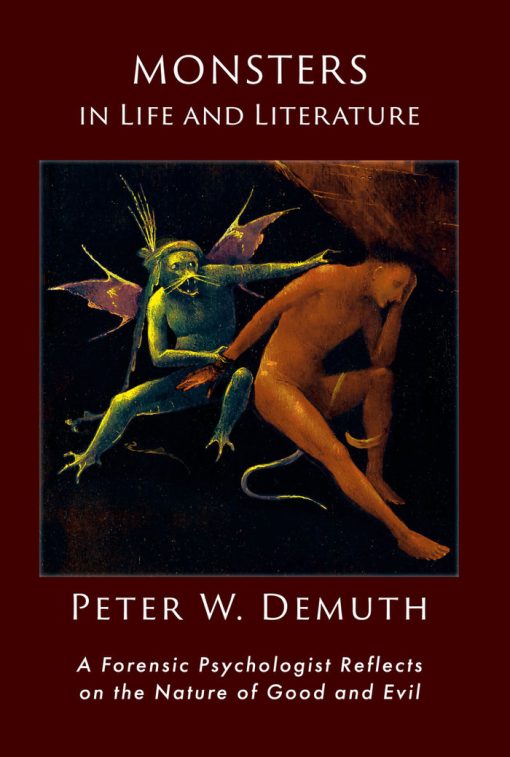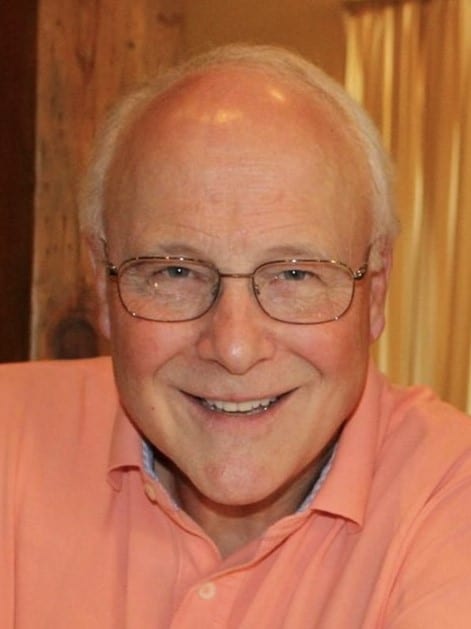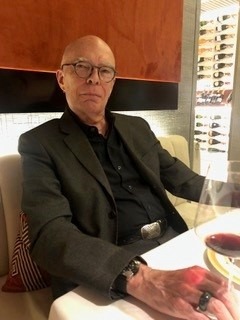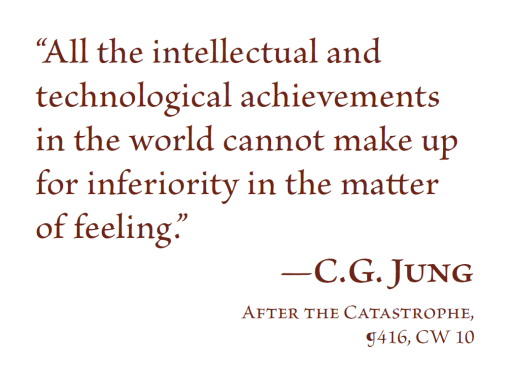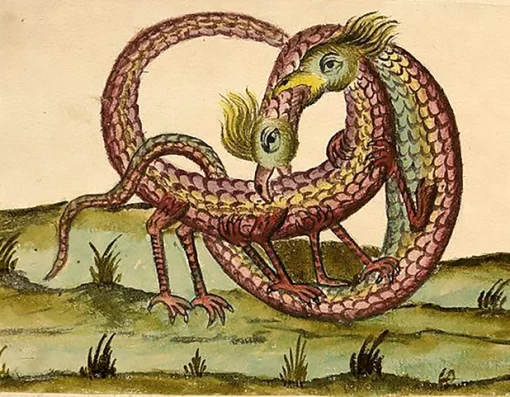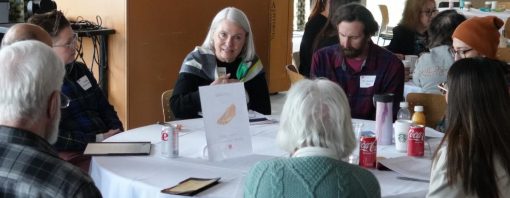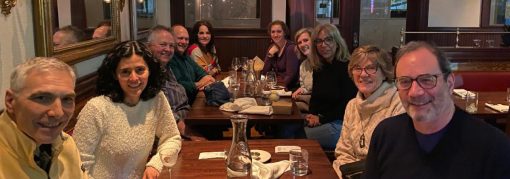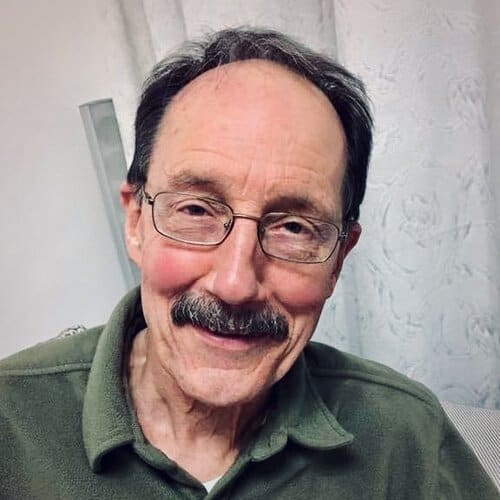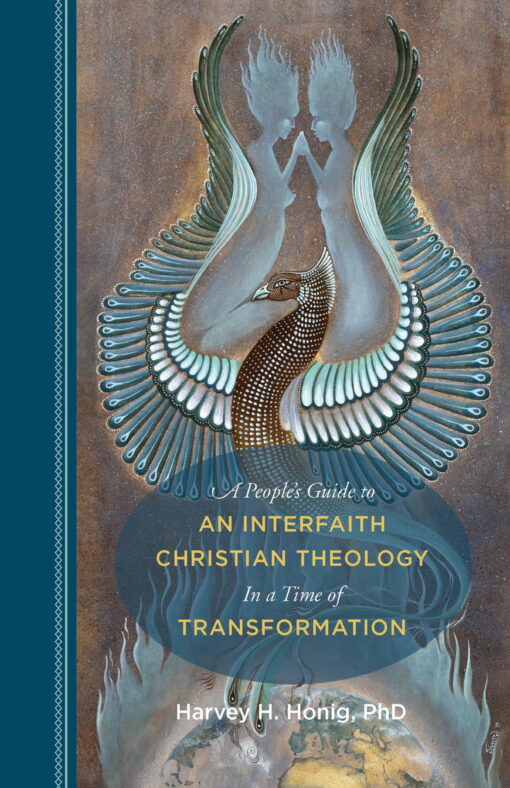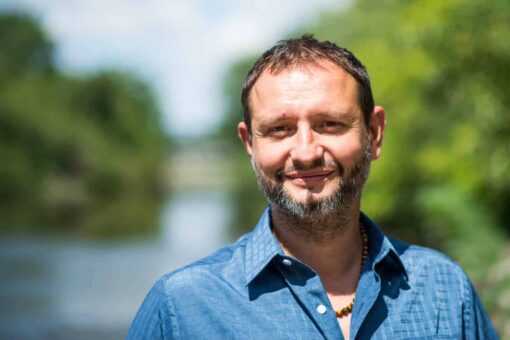In Memoriam: Shirley M. Fontenot
Shirley M. Fontenot was born on May 25, 1935, to Curtis and Marie (Ortego) Fontenot in Villa Platte, Louisiana. She was one of the youngest of six children. She lived in University City, MO, with her long-term partner, Rose. Shirley was a “small” extraordinary woman. She became a Catholic nun, entering the convent immediately after high school. She taught first grade for 16 years and often said her finest education came by way of the many children who passed through her classroom. During her time in the convent, she also earned her bachelor’s and master’s degrees in education.
Shirley left the order after 26 years and moved from Louisiana “Cajun Country” to Chicago to pursue her interest in Jungian Psychology. During the next 20 years, she completed master’s degrees in both Pastoral Studies and Divinity, as well as a doctorate in ministry, and worked as a psychotherapist. In 1993 she earned a diploma as a Jungian Analyst and enjoyed this profession for nearly 30 years. She was engaged in some form of formal education for one-third of her life. She semi-retired at age 87.
In 1996 she met and fell in love with Rose Holt, who was studying Jungian Psychology in Chicago. Shirley enjoyed a rich and fulfilling life with Rose. They moved to St. Louis, Missouri in 2003. The two of them would enjoy hours of deep conversations about theology, psychology, family, and all facets of life, often during a shared meal at dinner time. Her favorite place to visit was Sedona, Arizona, where she and Rose enjoyed vacationing many times. In her later years, traveling became more difficult for Shirley but she and Rose spent many hours enjoying each other’s company and playing card games, Scrabble and most recently, Rummikub. She was a quiet contender.
Shirley also loved her annual family reunions. Coming from a family of 5 siblings, Shirley had many nieces, nephews, great nieces and great nephews, and great grandnieces and great grandnephews, all of whom adored her and whom she adored. They would often come to St. Louis to visit, and Shirley always looked forward to their visits. She never forgot where she came from and remained humble and kind her entire life.
Shirley was a collector of items of a religious nature, especially angels. She was an avid reader of fiction and focused on historical fiction. The Harry Potter books were her favorites, and she led many adult seminars weaving Potter and Jungian themes. In some mystical way she was able to bring together all she had learned from first graders, all she had gleaned from decades sitting in classrooms, and all that her clients taught her into a wisdom that many recognized and drew from.
Shirley passed away at the age of 88 on March 6, 2024, at Missouri Baptist Medical Center and will be greatly missed by all who knew her. She is survived by her sister, Rosie (Tee) Eichler, her partner Rose Holt, along with many nieces and nephews. She is preceded in death by her parents, her sisters Anne Bordelon, Estelle Hoskinson and Loretta Landry and her brother, Frank Fontenot.
A Celebration of Shirley Fontenot’s Life will be held Saturday April 6 at 11:00am at First Congregational Church, Wydown Street, Saint Louis, Mo.
Photo gallery and other links at osfuneralhomes.com

